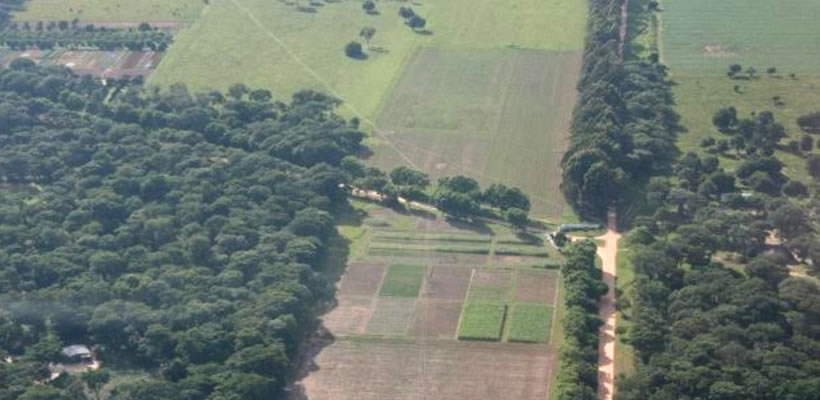
Introduction
Agriculture is vital to the nation’s economy and future, and Chengelo School is blessed to have a wonderful training farm on its doorstep! Students from pre-school to Sixth Form have the opportunity to spend time on the farm, learning about agriculture in its various forms. The farm consists of a dairy, pig unit, layer unit, butchery, gardens and crop trialling site. The wide range of enterprises on the farm make it ideal as a training facility and it is widely used by Chengelo School and the local community as well as people from all over Zambia.
Partnership with Chengelo School
It is well known that Zambia has huge potential in terms of agriculture, and we believe Chengelo Training Farm can have a huge positive impact on all levels of agriculture in this nation. Chengelo Training Farm works in the following areas:
- Partnering with Chengelo School hosting class visits from pre-school to Sixth Form and through providing training, facilities and expertise for their IGCSE and BTEC Diploma in Agriculture programs.
- Providing training courses for emerging farmers and farm workers, helping them to improve their agricultural knowledge and practices.
- Helping the disadvantaged and local communities through Foundation Zambia who provide training and discipleship in the areas of farming, families and finance.
- Being a facility where agribusinesses can carry out research, such as crop trials.
Why is Agriculture so important?
“Seventy percent of employment in Africa comes from agriculture, so you can argue that, in Africa, agriculture and economy are synonymous. In effect, you cannot modernise the economy in Africa without starting with agriculture.”
This quote, from Prof. Calestous Juma’s The New Harvest, is yet another reminder of the crucial role that agriculture will play in propelling Africa out of poverty. While the continent has several substantial growth opportunities, few of them compare in scale to the 32% of Africa’s GDP that agriculture represents (World Bank 2011). Fewer still could claim to unlock synergies in both poverty reduction and alleviation of hunger that 239 million Africans live with (FAO 2010).
Africa accounts for 60% of the world’s arable, uncultivated land (McKinsey Global Institute 2010). Cereal yields in Africa are currently less than 50% of those in Asia or South America (FAO 2011). Such low productivity overall is largely attributable to the current state of smallholder farming and to the dearth of larger commercial enterprises.
The message is clear: Africa must increase its land under production and productivity significantly over the next 20 years to generate economic growth and maintain food security.”1
The question is, who will do this?
“Well done, good and faithful servant. You have been faithful over a little; I will set you over much....everyone who has will more be given, and he will have an abundance. But from the one who has not, even what he has will be taken away.”
[The Parable of the Talents, Matthew 25:14-30]
So who is going to develop Zambia’s agriculture land? Who is going to harness the opportunity of external investment in a way that benefits Zambia rather than exploits the environment and people? We need faithful stewards who have a vision for agriculture in their nation.
